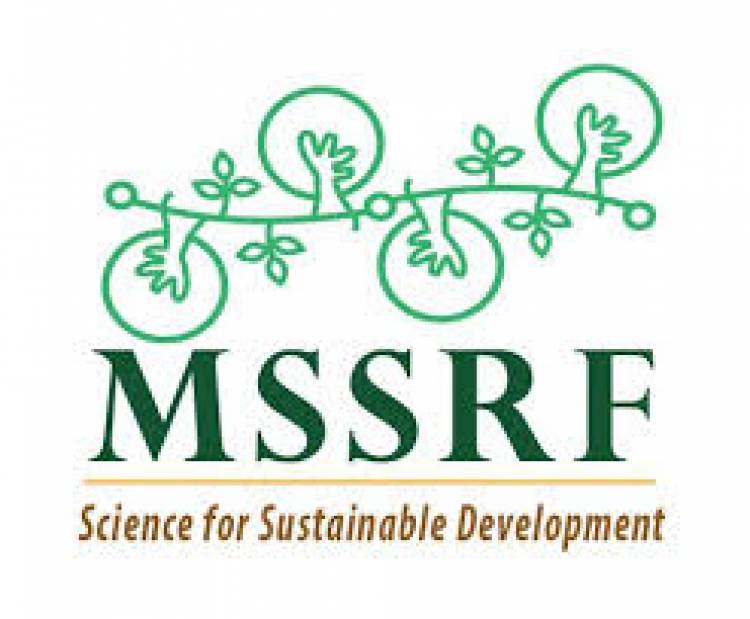Immediate interim relief needed for marine fishing communities

Urgent and immediate assistance is required for India’s marine fishers. Restricted by the COVID-19 lockdown from March 20, they are additionally facing the annual fishing ban from April 15 until June 15 along India’s east coast. This means they will potentially be unable to fish for as many as 90 days. While the total lockdown in view of COVID-19 is important to arrest the spread of coronavirus, quick and effective intervention is required to support fishers.
Over the past few days, the M S Swaminathan Research Foundation’s team of scientists and development workers interacted with fishers along the coast, systematically assessing the situation for immediate and mid-termrecommendations. The concerns noted were:
•Day-to-day earnings of small-scale fishers affected in all coastal districts.
•Small scale fishers who fish near the shore are struggling to market their catch with new norms and short time available for sales. Rates are about 30 per cent lower now.
•Income of fish vendors, mainly women, has been badly affected due to the pandemic as people are purchasing less fish at lower rates.
•Lack of fish in the diet will have considerable impact on nutrition security, particularly of importance for marginalized communities.
•Migrants to Kerala and Karnataka for fishing activities are without work due to national lockdown and some households have been reduced to one meal a day.
•In the case of trawler fishers, those with storage facilities can preserve their catch from before March 20, for marketing later. Those without storage facilities are severely affected. For e.g., huge quantities of tuna were discarded in Chennai last week.
•With the export market also on standby, the entire fishing sectorchain and its allied sectors are adversely affected.
•With supply chain disrupted, thousands of ice-plant workers, diesel workers and youth are losing their daily wages.
•The lockdown has also affected maintenance activities of boats and enginespotentially causing damage to high-cost assets.
“Small scale fisheries require considerable attention in three areas: pricing, marketing and organisation,” says Prof M S Swaminathan, Founder MSSRF. “Many of these are long-term, but there are a few immediate issues related to the coronavirus. For one, the fishing ban coinciding with the biological breeding period should be safeguarded; otherwise the reproductive cycle of the fish will be interrupted with long-term consequences. Adjustments are needed to provide immediate relief to COVID-19 affected fishing communities. This should not be connected to regular payments like fishing ban compensation.”
These set of recommendations will be formally submitted to the authorities at the centre as well as to the governments of the states and union territories along the east coast and shared with other relevant stakeholders.
In India, over nine million people directly depend on fisheries for their livelihood of which 80 per cent are small scale fishers.The industry employs over 14 million people and contributes to 1.1 per cent of the Indian GDP.The east coast of India covers four maritime states Tamil Nadu, Andhra Pradesh, Odisha and West Bengal and the Union Territories of Puducherry and Andaman and Nicobar islands. Fishing is mainly carried out with traditional fishing crafts, motorized boats and small mechanized crafts. Overall the east coast region produces 25 per cent of total Indian marine landings.




















